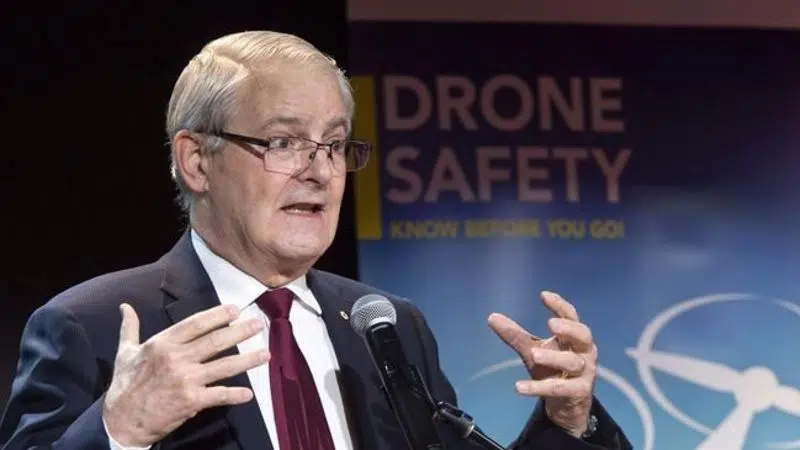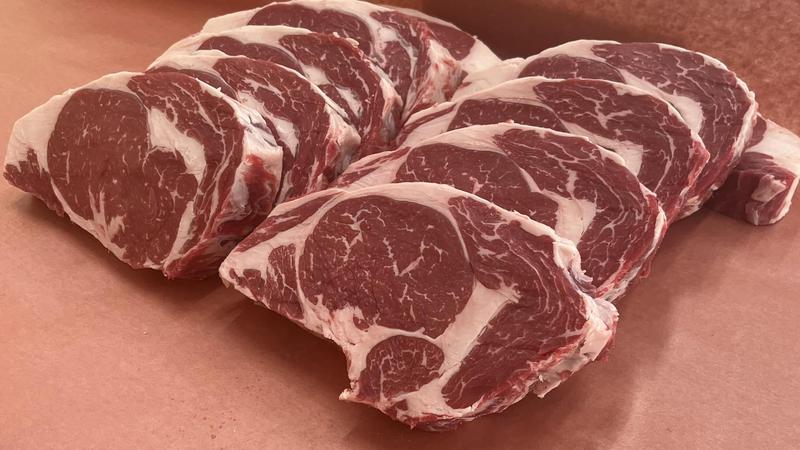
Tariffs could jeopardize new NAFTA deal in Parliament, Garneau warns
WASHINGTON — Parliament will struggle to ratify the new North American trade deal if U.S. tariffs on steel and aluminum exports aren’t lifted soon, Canada’s transport minister warned Sunday during a high-profile gathering of American state lawmakers.
Marc Garneau said time is running out for the federal government to get the United States-Mexico-Canada Agreement ratified before the House of Commons rises for the summer break, and it remains an open question whether it will happen without the tariffs being lifted.
“This will present us with real challenges as we begin the process of ratification in Canada, and I don’t know if we’re going to get there,” Garneau told a free-trade panel during the winter meeting of the National Governors Association in Washington.


